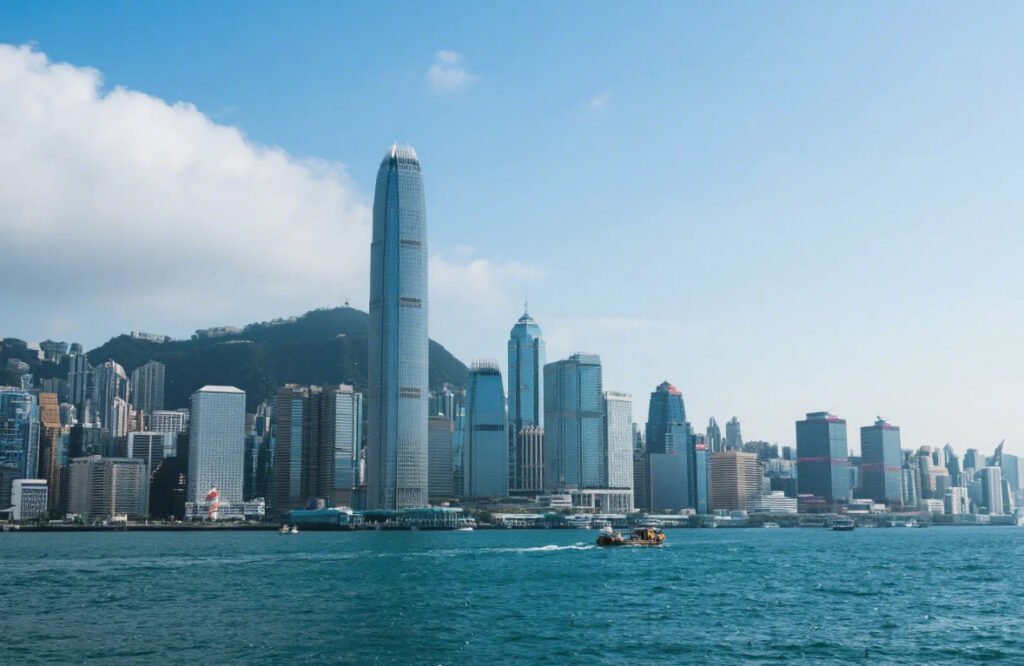On April 7, the financial market turmoil triggered by U.S. President Trump’s tariff hikes continued to escalate. Asian stock markets opened with sharp declines, and the global stock market turbulence became a top trending topic.

Speaking to the media on the evening of April 7, Hong Kong SAR Financial Secretary Paul Chan Mo-po emphasized that the Hong Kong SAR Government will, in accordance with the Basic Law, maintain its status as a free port and implement free trade policies. He reiterated that Hong Kong’s commitment to free trade remains unwavering. Chan noted that Hong Kong’s financial system is very robust, with smooth operation in the stock market, and no abnormal behavior indicating systemic impact has been detected. The SAR Government, along with various departments, will adopt a round-the-clock, cross-market joint monitoring mechanism to guard against financial risks. In addition, the government will continue to monitor market changes and provide ongoing support for local small and medium-sized enterprises (SMEs).
Under the “One Country, Two Systems” principle, Hong Kong is a separate customs territory and has long maintained zero tariffs on all imported goods, including those from the United States. Market analysts interpret Chan’s reiteration of Hong Kong’s free port status as a clear signal that Hong Kong will not follow Mainland China in imposing a 34% tariff on U.S. goods.
As Hong Kong does not levy consumption or value-added tax (VAT), while goods entering Mainland China from the U.S. are subject to an additional 34% tariff, the price advantage of buying American goods in Hong Kong may become more significant. This price gap could potentially spur more mainland tourists to shop for American products in Hong Kong.
“Following the U.S. announcement of relevant measures, many major global economies have proposed countermeasures. The U.S. stock market has plunged for two consecutive days, with an estimated loss of over US$6 trillion in market value,” Chan noted in his blog on April 6. “Some financial institutions have significantly downgraded their forecasts for both U.S. and global economic growth, with some predicting the U.S. may fall into recession, and that its labor market and inflation situation could worsen—impacting American grassroots citizens first and foremost. The U.S. action and ensuing countermeasures from other regions have greatly increased global trade risks and uncertainties, slowing global economic growth. For Hong Kong, the indirect impact is far greater than the direct one and must not be underestimated.”
Chan stated that in this historic window of both challenges and opportunities, Hong Kong must continue strengthening ties with traditional markets and accelerate its engagement with emerging markets of the “Global South.” This will help Hong Kong businesses, as well as mainland enterprises, to open new pathways and markets, while also supporting and consolidating regional industrial chain integration and efficiency optimization.




